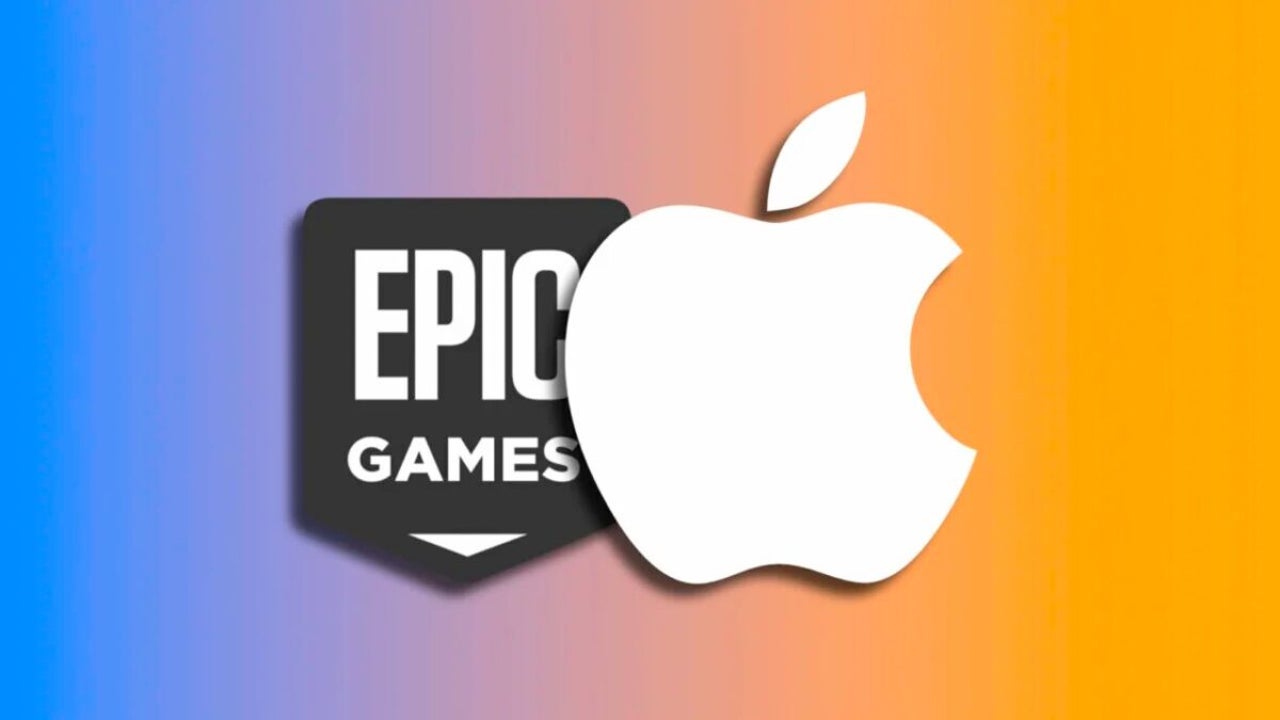News
Apple wins, Epic loses: court agrees with Cupertino in App Store case
Epic victory for Apple

- April 25, 2023
- Updated: July 2, 2025 at 2:24 AM

Yesterday, Monday, April 24, 2023, the long-running legal battle between Apple and Epic Games over App Store rules reached another decisive chapter in which Apple emerged as the winner. This dispute originated in 2020, when Epic Games decided to openly violate the rules preventing apps from circumventing the in App purchases system. Something he did with the aim of triggering a legal battle against those from Cupertino and that not only has not achieved its goal, but has strengthened Apple’s position on several decisive points.
Court of Appeals upholds first ruling, upholding Apple’s case
After the first gesture by Epic, in which they activated an alternative payment method in Fortnite and then filed a lawsuit against Apple and Google for removing the application from their respective stores as it was not compatible with the rules, we had to wait. A trial was prepared and held which, took place in 2021.

The judge in charge of the case ruled in Apple’s favor, finding that the company did not violate antitrust laws, something Epic accused it of. Epic Games was quick to appeal this decision, arguing that the original court had “reached the wrong conclusion” and “made several legal errors”. An appeal for which we had to wait again until yesterday, when the new court again gave full reason to Apple.
The Ninth Circuit Court of Appeals dismissed Epic Games’ allegations, which claimed that the App Store rules violated federal antitrust law by not allowing third-party app marketplaces. Thus, according to Bloomberg, the appeals court upheld, in full, the previous judgment.
A ruling, let’s remember, that will make app developers able to direct customers to purchase mechanisms external to the App Store. Something on which Apple has commented that it “respectfully disagrees” before stating that the verdict is a great victory for the company:
“Today’s decision reaffirms Apple’s resounding victory in this case, as nine of the ten claims have been decided in Apple’s favor. For the second time in two years, a federal court has ruled that Apple is in compliance with state and federal antitrust laws. The App Store continues to promote competition, drive innovation and expand opportunity, and we are proud of its profound contributions to both users and developers around the world.”
“We respectfully disagree with the court’s ruling on the only remaining claim under state law and are considering further review.”
About these changes, the Cupertino-based company already argued that they could “upset the delicate balance between developers and customers,” resulting in irreparable harm to both Apple and consumers. The company also indicated that it needs time to address the “complex and rapidly evolving legal, technological and economic issues” that the update would entail.
For all these reasons, Apple has managed to postpone the implementation of the App Store changes until the conclusion of the appeals trial, as it had also appealed the part of the ruling that did not favor it. Now, with the ruling already issued, it is to be expected that Apple will make some changes and adjustments to the App Store – we may see some at WWDC 2023 – to comply with the court’s decision.
In any case, it is clear that the appeals court ruling may have repercussions beyond the dispute between Apple and Epic Games. Other app developers and regulators around the world are closely watching this case, which automatically becomes a benchmark. The fact, therefore, that Apple has emerged victorious and its arguments prevail is something to keep a close eye on.
The appeals court decision in the case between Apple and Epic Games marks a milestone in the ongoing legal fight over App Store rules and the role of online platforms. Apple has won a resounding victory and, while this is a constantly evolving market, the situation is much clearer now that the court has ruled for the second time already
Some of the links added in the article are part of affiliate campaigns and may represent benefits for Softonic.
Architect | Founder of hanaringo.com | Apple Technologies Trainer | Writer at Softonic and iDoo_tech, formerly at Applesfera
Latest from David Bernal Raspall
You may also like
 News
NewsThe White House warned Apple, Nvidia, and AMD that Taiwan could be invaded by China in 2027
Read more
 News
NewsThere is only one sport that has true drama: Formula 1, and Netflix shows you that
Read more
 News
NewsThe alliance between Netflix and Warner is in danger: Paramount has a better offer
Read more
 News
NewsNew trailer of the fake reality show that has left half the world speechless
Read more
 News
NewsThe protagonist of 'Community' has a series you didn't know about… And it has just been renewed for a season 5
Read more
 News
NewsYou can now play for free on Steam the demo of this game visually like few you've seen
Read more